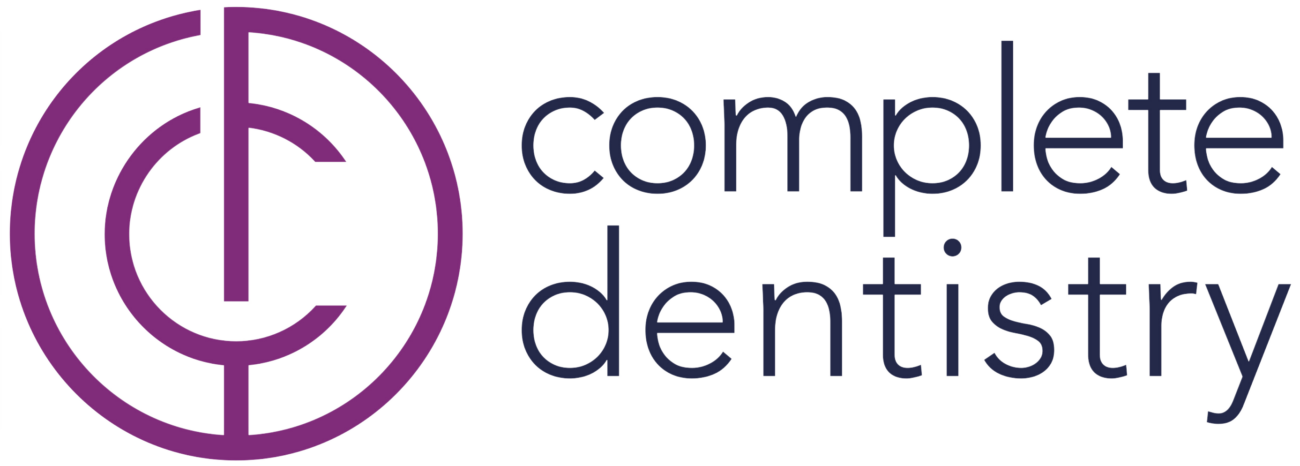Temporomandibular joint disorder, commonly referred to as TMJ, affects a significant number of individuals. This disorder involves the jaw joint and the muscles that control jaw movement. People with TMJ disorder often experience symptoms such as jaw pain, headaches, and difficulty chewing. Fortunately, there are various TMJ treatment options available to alleviate these symptoms and improve quality of life.

Understanding TMJ Disorder
TMJ disorder arises from issues with the jaw joint and the surrounding muscles. The disorder can stem from several causes, including injury, arthritis, or chronic teeth grinding. A misaligned bite can also contribute to the development of TMJ disorder. Symptoms can vary widely among individuals but often include jaw pain, stiffness, and clicking or popping sounds during jaw movement. Some people may also experience ear pain or ringing in the ears. Proper diagnosis is crucial for effective treatment, as it helps identify the underlying cause of the symptoms.
Diagnosis of TMJ Disorder
Healthcare professionals use a combination of physical examinations and imaging techniques to diagnose TMJ disorder. During a physical exam, they assess jaw movement and listen for any unusual sounds. They also check for areas of tenderness or swelling. Imaging techniques such as X-rays or MRI scans provide a detailed view of the jaw joint and can reveal structural issues. Accurate diagnosis is essential, as it guides the selection of appropriate treatment options tailored to the patient’s specific needs.
Non-Surgical TMJ Treatment Options
Non-surgical treatments are often the first line of defense against TMJ disorder. Dentists and healthcare providers may recommend lifestyle changes to help alleviate symptoms. For example, reducing stress and avoiding hard or chewy foods can prevent further strain on the jaw. Some patients benefit from physical therapy, which includes exercises designed to strengthen jaw muscles and improve flexibility. Dentists may also suggest oral splints or mouthguards. These devices help prevent teeth grinding and jaw clenching, which can exacerbate TMJ symptoms. Additionally, applying heat or cold packs to the affected area can reduce pain and swelling.
Medications for TMJ Relief
Medications play a vital role in alleviating TMJ symptoms. Over-the-counter pain relievers, such as ibuprofen or acetaminophen, could reduce inflammation and pain. In cases where over-the-counter options are insufficient, dentists may prescribe stronger medications. Muscle relaxants help reduce jaw tension and promote relaxation. In some instances, low-dose antidepressants may provide relief by addressing stress-related symptoms that contribute to TMJ disorder. It is essential to follow a healthcare provider’s guidance when using medications to ensure safety and effectiveness.
Injections and Minimally Invasive Procedures
Injections offer an alternative treatment option for TMJ disorder. Corticosteroid injections could reduce inflammation in the joint, providing relief from pain and swelling. Botulinum toxin injections, commonly known as Botox, relax the jaw muscles and alleviate pain. These injections can be particularly beneficial for patients with chronic muscle tension. Some patients benefit from a procedure called arthrocentesis. This minimally invasive technique involves flushing the joint with fluid to remove debris and reduce inflammation. Arthrocentesis can improve joint function and reduce pain.
Importance of a Personalized Treatment Plan
Each case of TMJ disorder is unique, necessitating a personalized treatment plan. A customized approach ensures that patients receive the most effective care possible. Dentists and healthcare providers consider the patient’s symptoms, lifestyle, and preferences when developing a treatment plan. Regular follow-up appointments are crucial for monitoring progress and making necessary adjustments to the treatment plan. Open communication between the patient and healthcare provider is essential for achieving the best outcomes.
Prevention and Long-Term Management
Preventing TMJ disorder involves adopting certain lifestyle changes. Patients should avoid clenching their jaw and grinding their teeth, as these habits can worsen symptoms. Stress management techniques, such as meditation or yoga, can help reduce tension in the jaw muscles. Regular dental check-ups are essential for detecting early signs of TMJ disorder and preventing complications. Long-term management focuses on symptom relief and maintaining overall jaw health. Patients should remain proactive in their care and communicate any changes in symptoms to their healthcare provider.
TMJ Treatment in Lexington, KY
Complete Dentistry for All Ages provides comprehensive care for individuals with TMJ disorder. Our experienced team offers personalized TMJ treatment plans tailored to each patient’s needs. We are committed to ensuring patients receive the highest quality care and achieve optimal outcomes. Contact us today to schedule a consultation and learn more.
